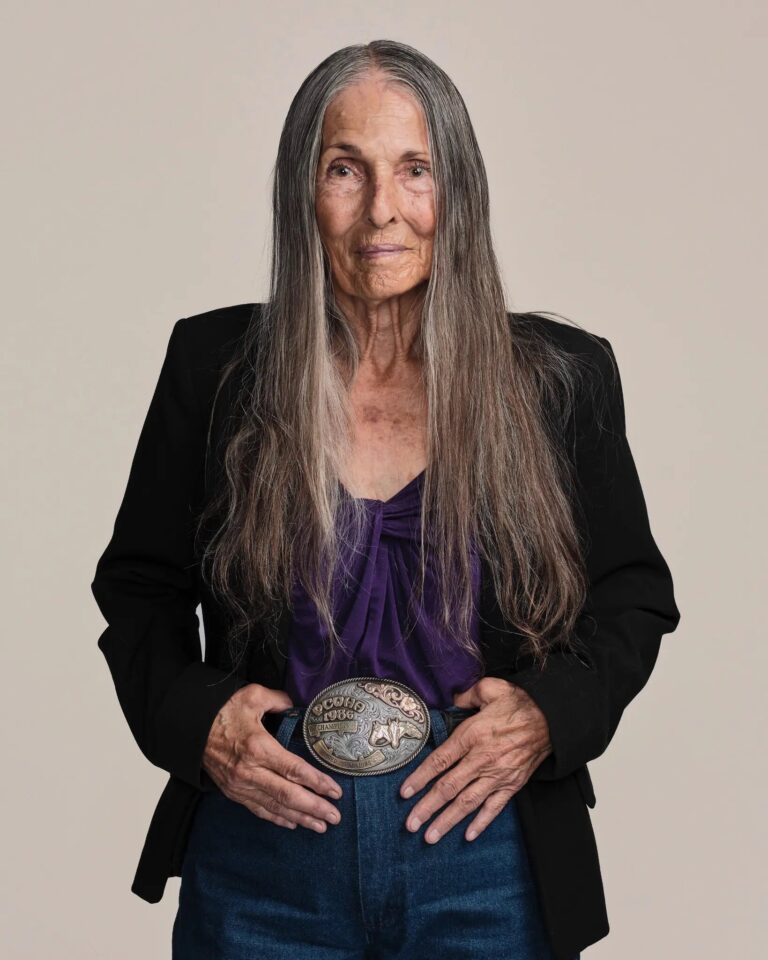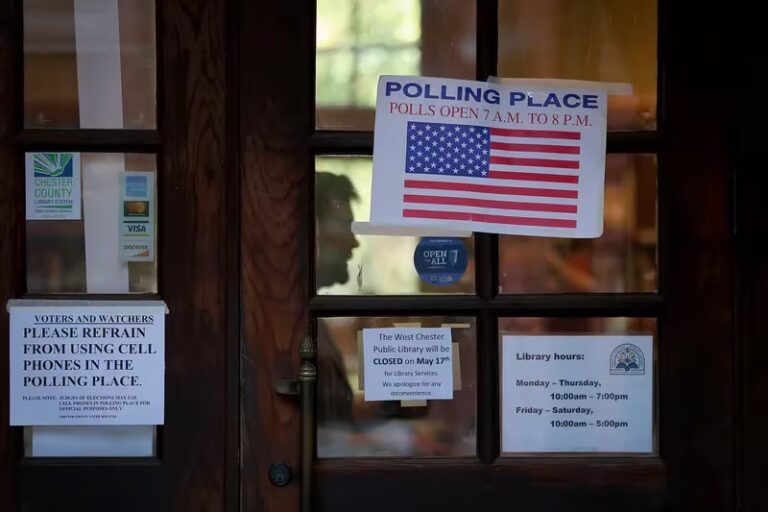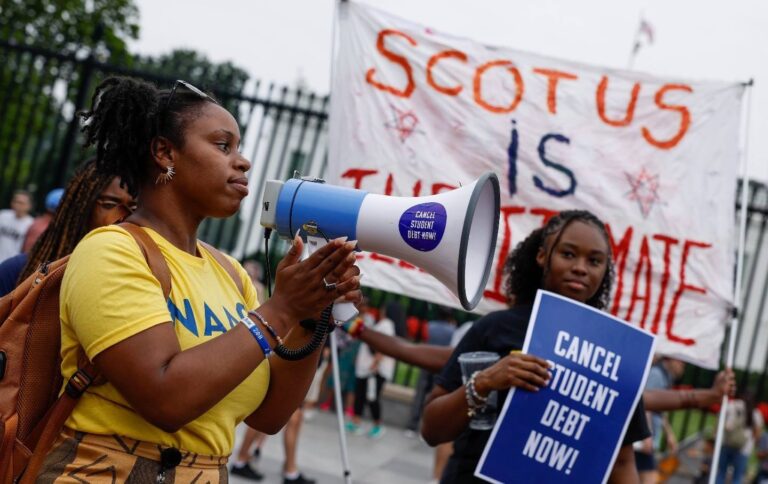Army of conservative lawyers are ready to reject the vote, cause chaos
Stay Vigilant
When Clara Andriola took her seat at the Washoe County, Nev., commission meeting room on July 9, she looked out at a sea of angry faces. The commission is Washoe’s main legislative body, and Andriola, a longtime local business executive, was appointed to fill a vacancy on the five-person board last year. She had just won a Republican primary that would almost certainly allow her to keep that seat in the November general election. The commission was required by law to certify elections at every level, from local primary to presidential election. What came next should have been a simple administrative procedure.
But the restless crowd had other ideas. For three hours, they told stories of a primary gone wrong. Some raised concerns about small bureaucratic errors, like improperly addressed ballots. Others shared more exotic allegations, including an unsubstantiated rumor circulating on X about a Serbian scheme to manipulate voting machines.
Read the rest on NY Times
Volunteer lawyers are prepared to defend democracy
Speaking Of...
J. Michael Luttig is a retired judge on the United States Court of Appeals for the Fourth Circuit Jeh Charles Johnson served as secretary of Homeland Security, and as general counsel of the U.S. Department of Defense in the Obama Administration.
Since its founding, Pennsylvania has been a leader in upholding the best traditions of our nation — long living up to the commonwealth’s motto of “Virtue, Liberty, and Independence.” As we find ourselves heading into an election that will test the strength of our institutions, and, in particular, our system of elections, it’s fitting to see that Pennsylvania once again stands on the front lines of a battle to preserve this cornerstone of our democracy. We will soon learn whether we will meet the challenge set by Benjamin Franklin in 1787 when he declared that our nation was “a republic, if you can keep it.”
The two of us proudly agreed to serve as cochairs of the American Bar Association’s Task Force for American Democracy, in large part from a shared sense of alarm. Particularly troubling is the decline of confidence in our elections, most acutely seen in our nation’s young people. A poll conducted earlier this year by the Harvard Kennedy School’s Institute of Politics indicates the lowest levels of confidence in institutions of our democracy among 18 to 29-year-olds nationwide since the survey began 24 years ago.
Read the rest on Philadelphia Inquirer
In rare move, Judge changes his mind and frees man after 27 years
More Of This

In 1997, Walter Johnson stood before Judge Frederic Block in a Brooklyn federal courtroom after being convicted of robbery, cocaine possession and witness tampering, just the latest in a troubling series of crimes that involved guns, drugs and violence.
Judge Block called Mr. Johnson, a street legend known as King Tut, “a classic example of a person who has to be incapacitated so society is protected against you.” Then he hit Mr. Johnson with five life sentences.
On Thursday, Judge Block called the punishment he imposed 27 years ago too harsh, the product of ill-considered laws and his own inexperience. He freed Mr. Johnson, who hours later walked out of prison and back into society.
Read the rest on NY Times
The student loan crisis is a national emergency
Say It Louder
About a decade ago, Damian Stinnie became one of hundreds of thousands of Virginia drivers punished by the state for his poverty. After Damian received several traffic citations, he was given 30 days to pay about $1,000 in fines and fees—at least three weeks’ pay at his minimum wage job at Abercrombie & Fitch. When he failed to meet the deadline, the state automatically suspended his license without so much as a hearing on his ability to pay. Damian, who had been diagnosed with lymphoma and was undergoing chemotherapy around this time, was trapped: He wouldn’t be able to pay off the fines and reinstate his driver’s license without a steady job, and he wouldn’t be able to hold down a steady job without a driver’s license.
In 2016, the Legal Aid Justice Center, a Virginia-based nonprofit, filed a class action lawsuit on behalf of people like Damian, whose licenses were suspended indefinitely because they didn’t pay court costs and fines that they couldn’t afford. As of 2018, the Fines & Fees Justice Center estimated that about a million people in the state—nearly 1 in 6 drivers—had their license suspended for failure to pay.
Read the rest on Balls & Strikes












